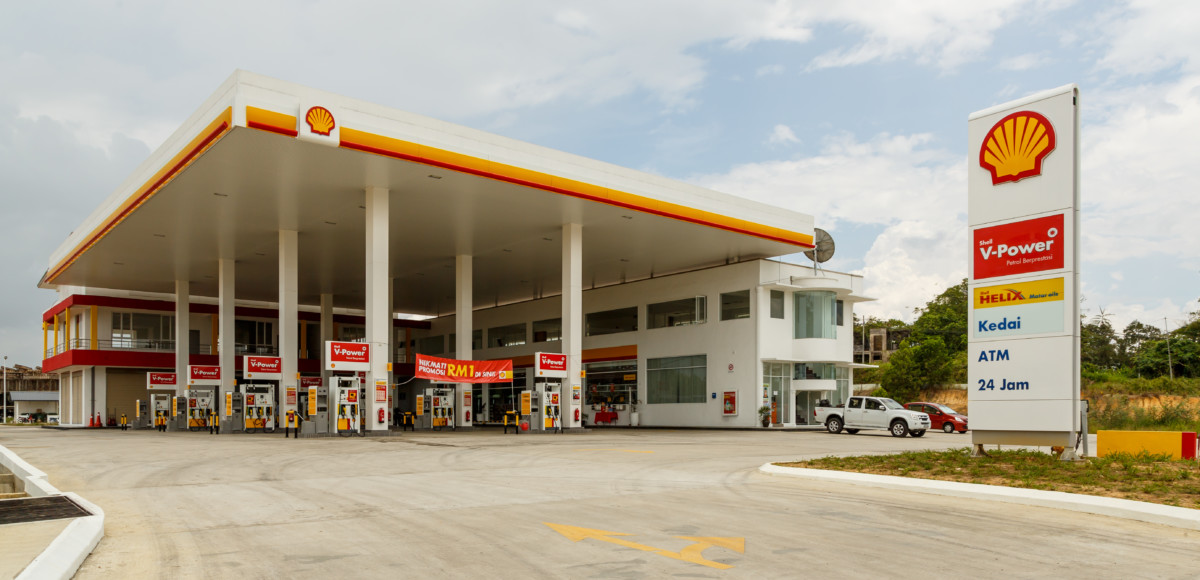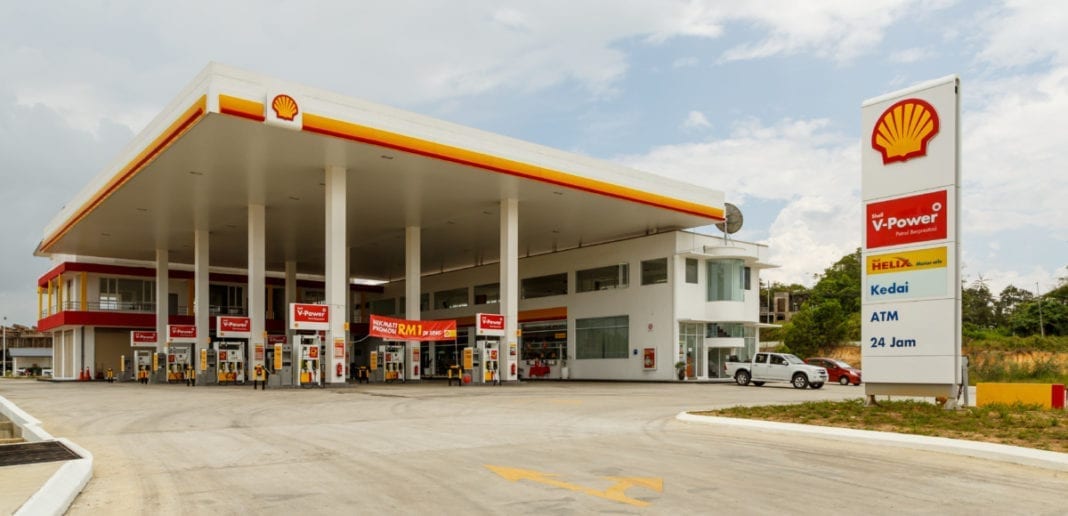The managers for Shell’s Dutch branch, Marjan van Loon and Alan McLean, admitted that the company does not pay corporate income tax in the Netherlands, reports NU.nl. This confirms the rumours that had surfaced at the end of November 2018 that the oil company has not paid profit tax for years.
They admitted this in an interview with Elsevier. According to known figures, the money through income tax in 2016 and 2017 was a sum amount of 550 million euros, a tax that small companies are also obliged to pay.
How did Shell get away with it: the Netherlands a tax haven?
The Netherlands has been dubbed as a tax haven before for multinational companies like Shell, where they have access to “fiscal options”. This was so as to attract more MNCs into the country. “We pay tax fairly, both to the letter and to the spirit of the law,” McLean told Elsevier.
It also serves as a valid alternative to other “tax havens” as it has low corruption, an exhaustive network of tax treaties, and minimal taxes on money passing through Dutch subsidiaries, which makes it easy for multinationals like Shell to operate internationally from the country.
 Demonising Shell does not do any good, without looking at the Dutch Tax System that allows for this to happen. Until recently, the Dutch Finance Ministry was an enabler, by justifying this system with arguments of investments, job creation and so on. However, the sentiments are changing. Polls of Dutch voters back in August last year showed that they did not like that these tax levies grants special privileges for the wealthy, while the average middle-class citizen pays more than half their income.
Demonising Shell does not do any good, without looking at the Dutch Tax System that allows for this to happen. Until recently, the Dutch Finance Ministry was an enabler, by justifying this system with arguments of investments, job creation and so on. However, the sentiments are changing. Polls of Dutch voters back in August last year showed that they did not like that these tax levies grants special privileges for the wealthy, while the average middle-class citizen pays more than half their income.
This revelation by Shell will surely propel the proposals and motions, which were designed to stop this tax provision. They were presented at the parliament in April by the left-wing GroenLonks, the socialist part of SP and the Labour party PvdA.
How do you think the Dutch Tax System can be changed so those big corporations can pay their fair share? Let us know in the comments below!



Thanks for the article, just about what I was looking for about taxes in the Netherlands.